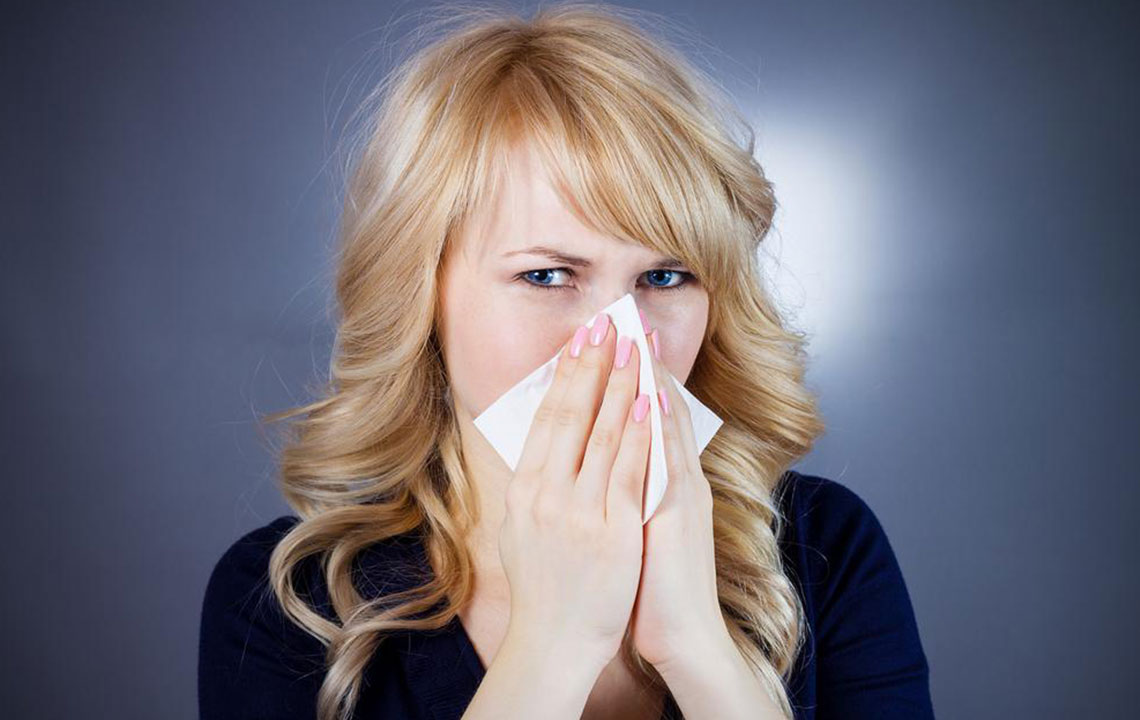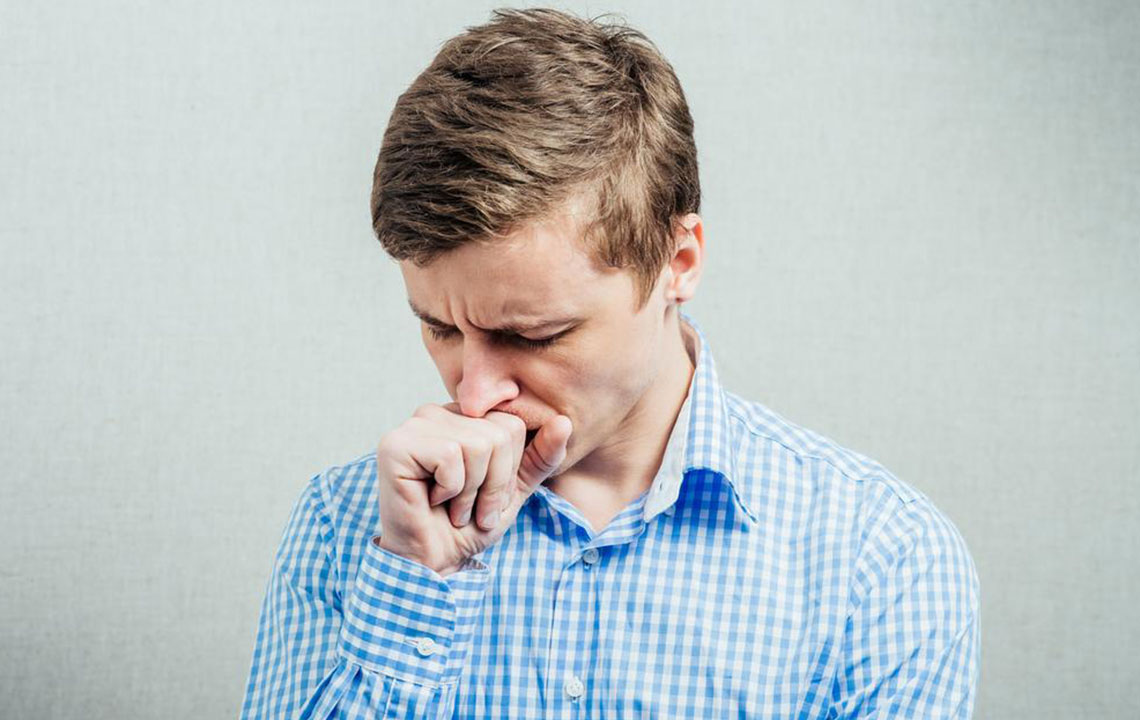Understanding Post-Nasal Drip: Causes, Symptoms, and Effective Treatments
Post-nasal drip is a common ENT issue caused by infections, allergies, and environmental factors. This comprehensive guide covers its causes, symptoms, and proven treatments like medications, home remedies, and lifestyle changes. Proper management can significantly improve comfort and health. If symptoms persist, consulting an ENT specialist is recommended for targeted intervention. Learn how to effectively address and prevent post-nasal drip for better respiratory health.

Comprehensive Guide to Post-Nasal Drip: Causes, Symptoms, and Proven Remedies
Post-nasal drip is a prevalent issue encountered by many individuals, impacting the quality of life through persistent discomfort and irritating symptoms. This condition occurs when excess mucus accumulates at the back of the nasal passages and drips down into the throat, leading to irritation, coughing, and a frequent need to clear the throat. Although often considered a minor annoyance, understanding the root causes, symptoms, and available treatments is crucial for effective management and relief.
Post-nasal drip is typically associated with a range of underlying factors, including infections, allergies, and lifestyle habits. It is primarily related to issues involving the ear, nose, and throat (ENT) system—a specialized field that deals with conditions affecting these interconnected structures. Normally, the mucus produced by the nasal passages plays a vital role in humidifying the air we breathe, trapping dust, bacteria, and other particles, and facilitating the removal of irritants. However, when mucus production becomes excessive, it can lead to uncomfortable sensations and persistent symptoms.
Understanding the causes of post-nasal drip is essential for effective treatment. Common triggers include:
Viral infections, such as the common cold or flu, which stimulate increased mucus production that persists even after the infection clears.
Allergic rhinitis, often triggered by pollen, dust mites, pet dander, or mold, leading to inflammation and excess mucus secretion.
Sinusitis, an inflammation or infection of the sinus cavities, which causes swelling and mucus buildup.
Certain medications, like birth control pills or antihypertensive drugs, which can influence mucus production.
Hormonal changes during pregnancy, contributing to increased mucus secretion.
Environmental factors such as extreme weather conditions—hot, cold, or dry air—can irritate nasal passages and increase mucus flow.
Spicy foods or pollutants, including cigarette smoke and vehicular emissions, which can trigger irritation and mucus overproduction.
Gastroesophageal reflux disease (GERD) and acid reflux, where stomach acids irritate the throat and nasal lining, prompting increased mucus secretion as a protective response.
Addressing post-nasal drip involves identifying its underlying cause, which influences the choice of treatment. Here are some effective strategies and remedies:
Medications: Over-the-counter decongestants can reduce nasal swelling and mucus production. Antihistamines are effective for allergic causes, helping to alleviate sneezing, itchiness, and mucus buildup. Nasal sprays, including corticosteroids, help reduce inflammation directly in the nasal passages.
Home remedies: Warm saltwater gargles can soothe sore throats and aid in thinning mucus. Steam inhalation from bowls of hot water or showers helps loosen mucus and clear nasal passages. Maintaining proper hydration is vital for thinning mucus, making it easier to clear.
Lifestyle modifications: Avoiding known allergens and irritants, such as tobacco smoke, pollen, and pollutants, can significantly reduce symptoms. Using air purifiers indoors and keeping windows closed during high pollen seasons can prevent exposure to airborne triggers.
Diet considerations: Spicy foods can exacerbate symptoms in some individuals, while a balanced diet rich in fruits and vegetables supports immune health. Limiting alcohol intake may also reduce symptoms, as alcohol can dehydrate the body and thicken mucus.
Medical consultation: Persistent or severe symptoms should prompt consultation with an ENT specialist to determine the underlying cause and receive targeted treatment. Blood in mucus, or hemoptysis, requires urgent medical evaluation to rule out serious conditions such as infections, nasal polyps, or even malignancies.
Understanding that post-nasal drip is often a symptom rather than a standalone disease helps in managing expectations and seeking appropriate healthcare. Proper diagnosis and tailored treatment plans can significantly improve quality of life, reduce discomfort, and prevent complications.
In conclusion, while minor in many cases, post-nasal drip can signal underlying health issues that require attention. By recognizing its causes, using effective remedies, and seeking professional advice when necessary, individuals can manage this condition successfully and enjoy symptom-free breathing.





